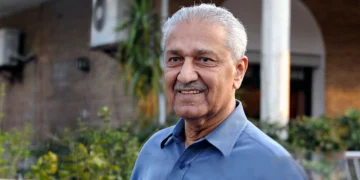Jimmy Carter, the 39th President of the United States, passed away peacefully, leaving behind a legacy that transcends politics. Known as the longest-living president in U.S. history, Carter’s remarkable life was marked by dedication to public service, humanitarian efforts, and an unwavering commitment to peace.
A Life of Service
Born on October 1, 1924, in Plains, Georgia, Jimmy Carter grew up in a modest farming community. After serving in the Navy and managing his family’s peanut farm, Carter entered politics. His presidency (1977–1981) was characterized by an emphasis on human rights, energy reform, and efforts to broker peace in the Middle East, most notably the historic Camp David Accords between Egypt and Israel.
The Humanitarian President
Carter’s post-presidency years were no less impactful. As the founder of the Carter Center, he worked tirelessly to promote democracy, eradicate diseases, and monitor elections worldwide. His dedication earned him the Nobel Peace Prize in 2002, a testament to his lifelong mission to create a better world.
A Long and Inspirational Life
Jimmy Carter’s longevity allowed him to witness profound changes in the nation he served. He remained a voice for compassion and justice, engaging in charitable activities and advocating for affordable housing through Habitat for Humanity well into his 90s.
A Legacy That Endures
Carter’s passing marks the end of an era, but his contributions will continue to inspire generations. As the longest-living president, he set a standard for post-presidential activism, proving that leadership doesn’t end after leaving office.
Jimmy Carter’s life is a reminder of the enduring power of humility, service, and the pursuit of peace. The nation mourns his loss but celebrates a life well-lived, filled with purpose and compassion.











































